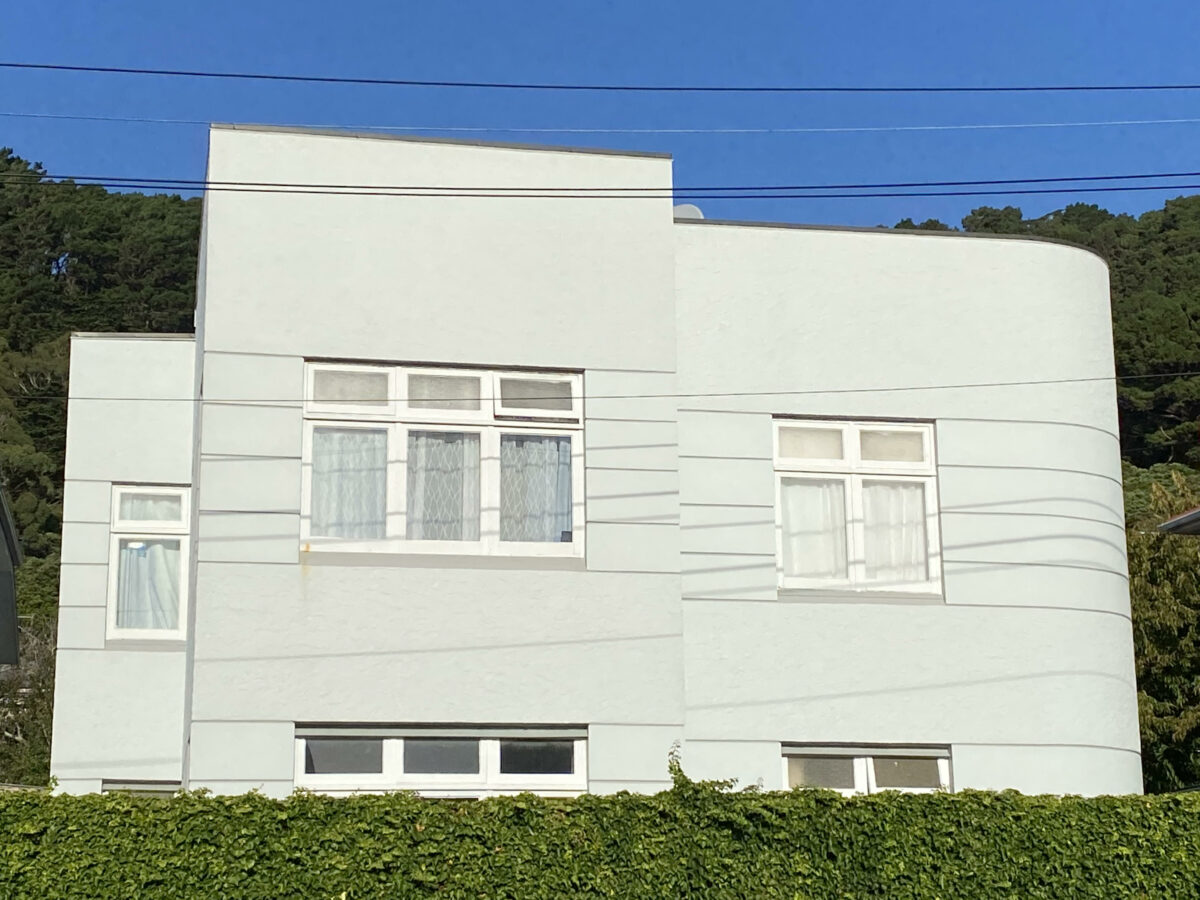Given the proposed changes announced by the Government recently for residential property investment, is rental property still a good investment?
Rental property has always been, and continues to be, a commercial decision. It’s a numbers game. If the rental income more than covers the costs then it should be a good investment. Forget about capital gain – this should just be a bonus (or an opportunity). And remember it is a long term investment. If your intention when buying the property is to make a capital gain, then any capital gain, regardless of how long you hold the property, will be taxable under existing Income Tax rules. The new rules extending the bright line test from 5 to 10 years, will not change this.
So it is important that the income covers the cost and any capital gain is incidental.
Given that it’s a numbers game let’s look at the effect of the changes. The main change, other than the bright line test, is the removal of the deductibility of the interest cost from 1 October 2021. If you are buying a property now then effectively your interest deductibility will reduce from 100% to 50% for the 2021 tax year, then 0% for subsequent years. It is expected that interest will continue to be fully deductible for new builds so this may influence your decision about whether you decide to buy a new build or an existing property.
One of the significant benefits of investing in residential rental property is to borrow 100% of the cost, using equity you have in your own home or in another property, to provide the 40% equity currently required by banks to purchase a rental property.
If you purchase a property for $500,000 then, in the example below you can see that if you borrowed the whole $500,000 for the property at an interest rate of 4%, you would have total costs of $27,174 for the year and you would need to charge rent of $543 per week just to cover your costs under the previous rules. (Note that banks seem to charge more than residential interest rates for rental properties even when the rental property loan is secured over your own home.)
| Interest (4% of $500,000): | $20,000 |
| Property Management Fee (8% of rent) | $2,174 |
| Rates: | $2,000 |
| Insurance: | $1,000 |
| Maintenance: | $2,000 |
| Total costs per year: | $27,174 |
|
Rent required per week (based on 50 weeks) |
$543 |
| Tax at 33% based on only 50% of the interest being deductible for the 2021 year:
Total costs to recover plus increased property management fee:
Rent required per week (based on 50 weeks): |
$3,300
$30,760
$615 |
But with only 50% of the interest being deductible for income tax purposes under the new rules for this year this means your costs will still be $27,174 but you will only be able to claim $17,174 against the $27,174 rental income. You’ll also need to pay income tax at around 33% on the remaining $10,000, a cost of $3,300. This now gives you total costs of $30,760 for the year (as the property management fee increases with the increased rent) and you’ll need to receive $615 per week in rent just to cover costs. This is a 13% increase in the rent.
For the following year when there is no interest deductibility then the rent would need to be $688 per week, an increase of 27% over the rent that would have been needed to cover costs if the interest was fully deductible. This rent level may be more than the market can bear in that area and for that price.
So you may need to look elsewhere for a property where you can earn enough rent to cover the costs, and preferably to make a surplus. Or you may need to consider other options such as a multiple flat property, subdivision etc.
If you decide to proceed or charge less rent than your costs, then any resulting loss will need to be ring fenced and offset against future rental profits.
If you bought a property before the new rules came in on 27 March 2021 then over the next 4 years you will move progressively to not being able to claim any of the interest costs. It is possible that within that period the potential rent increases required may not be able to keep up with the increased costs so you may be left unwittingly with a loss making business.
In that case your best financial decision may be to sell the property and be prepared to pay tax on any capital gain, depending on when you purchased it and how long you have owned it. This may be a better option than having ongoing losses unless the property is making a reasonable capital gain either through inflation, demand or through cost effective improvements you’ve been able to make.
Residential investment property remains a viable investment option as long as the rental income is sufficient to at least cover the costs.
The information in this blog does not purport to be financial advice and no reliance should be placed on it. It is of a general nature only based on my experience as a Chartered Accountant in practice and specific advice should be sought for your particular situation.

